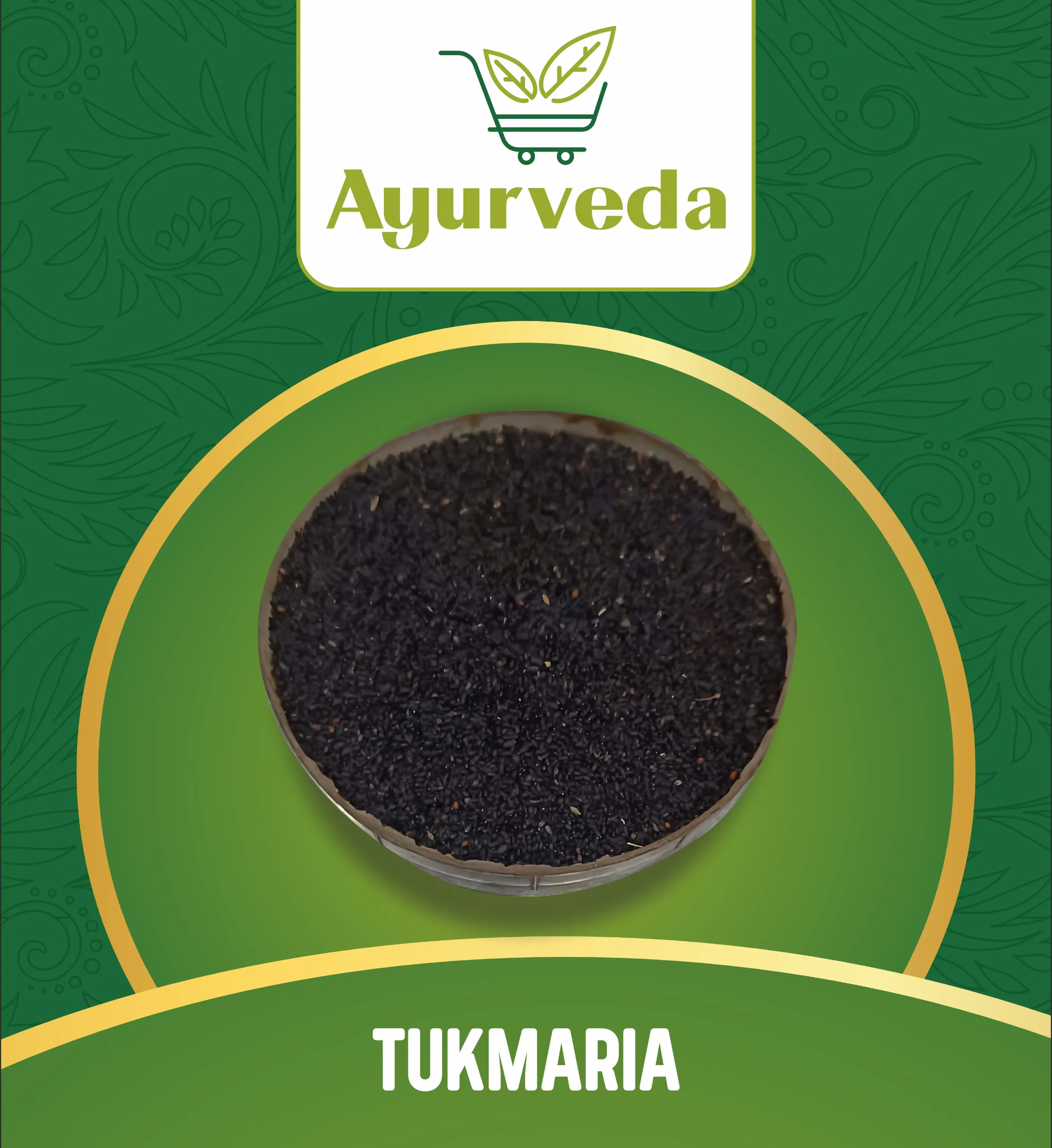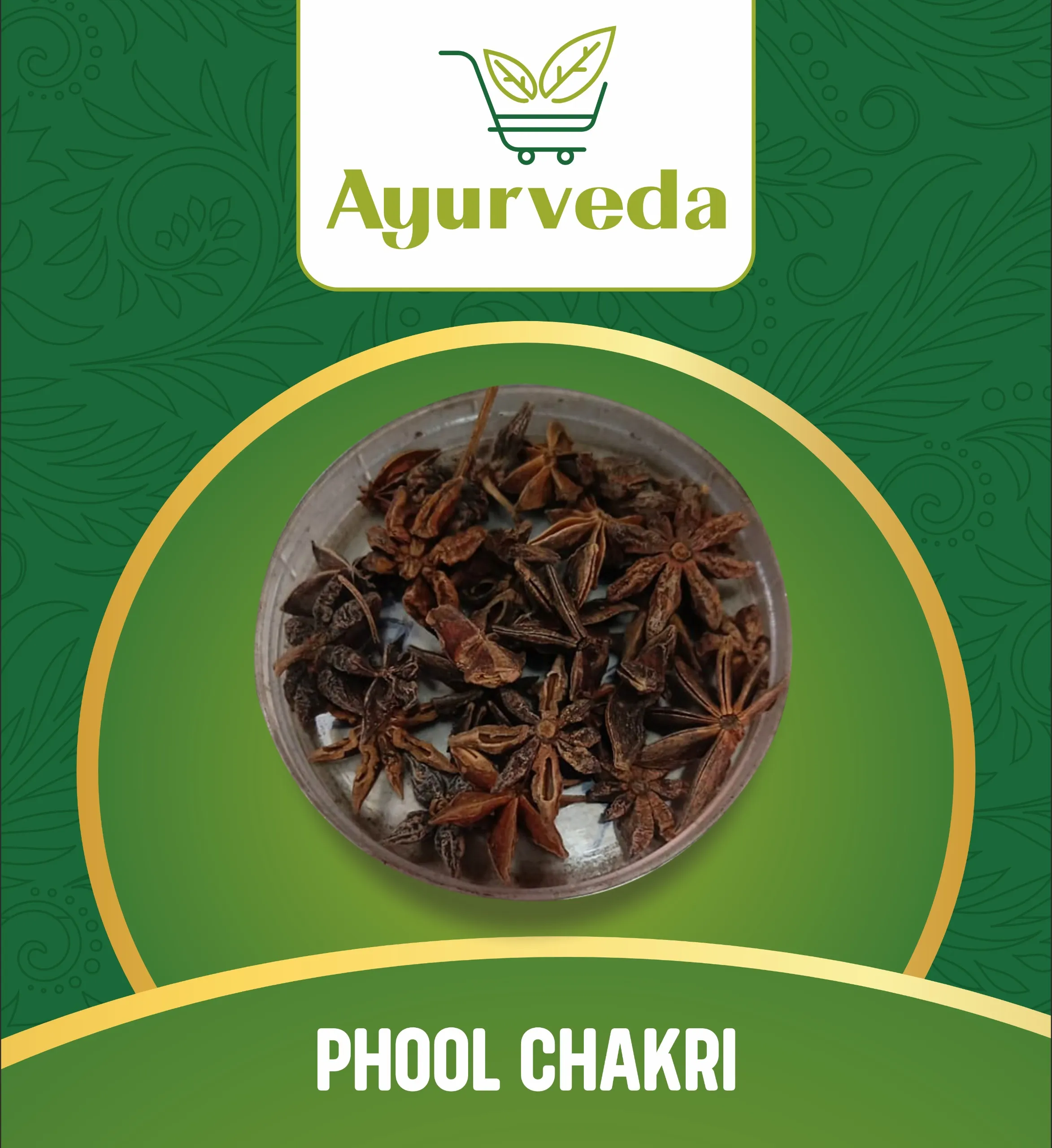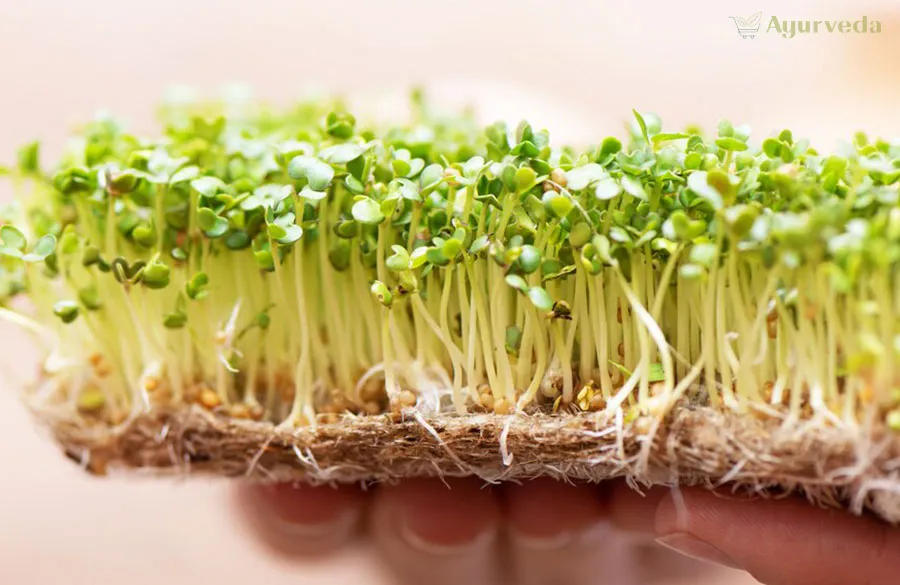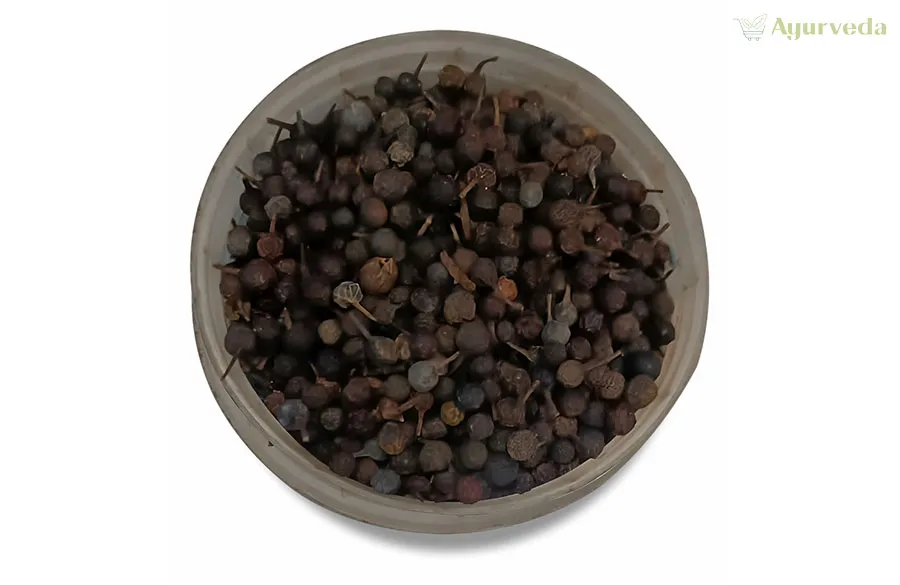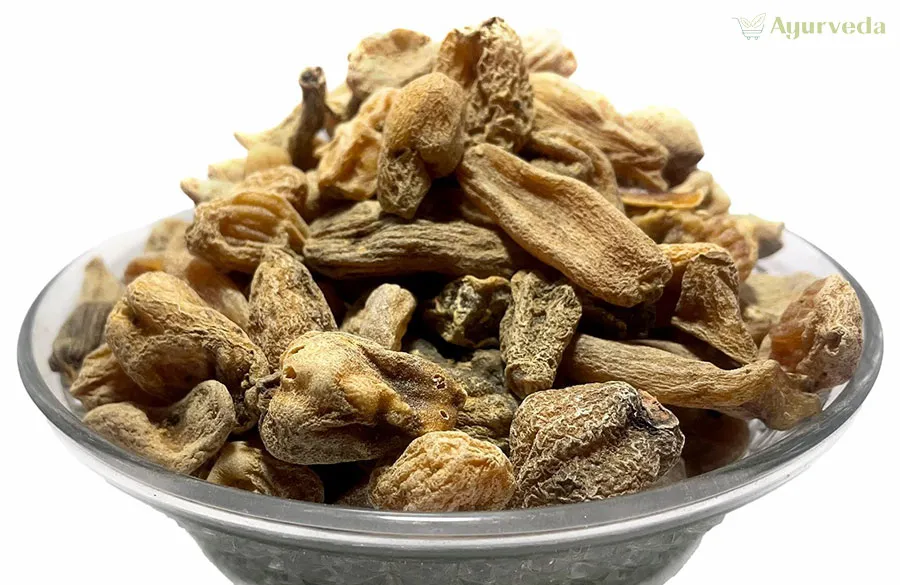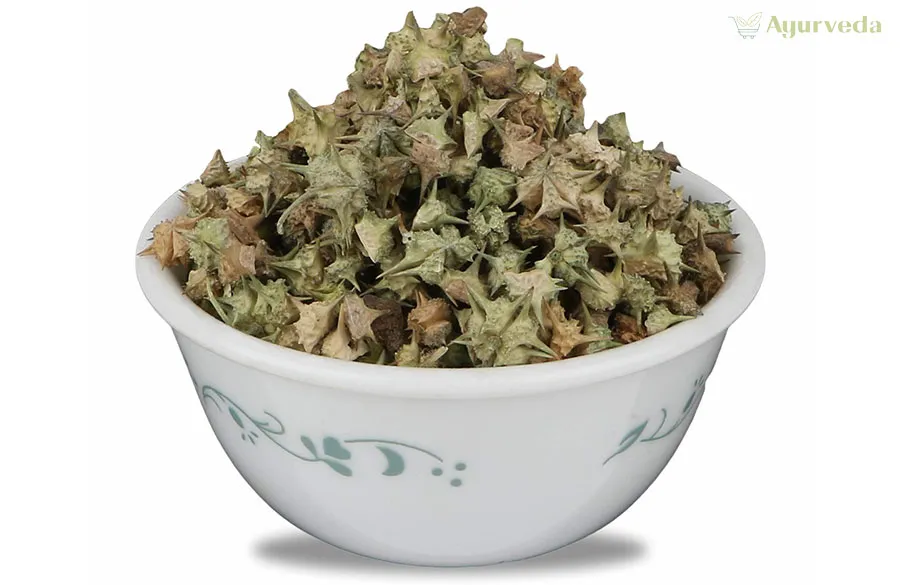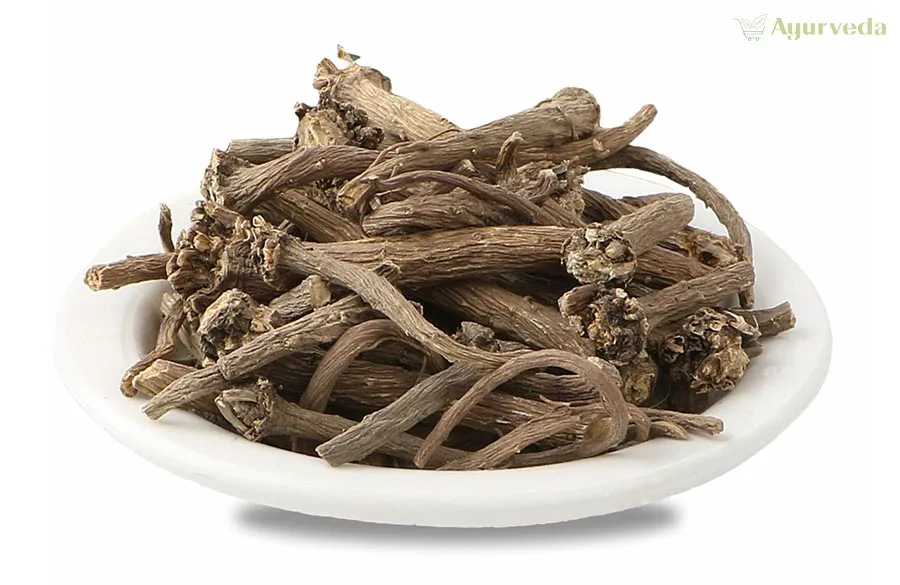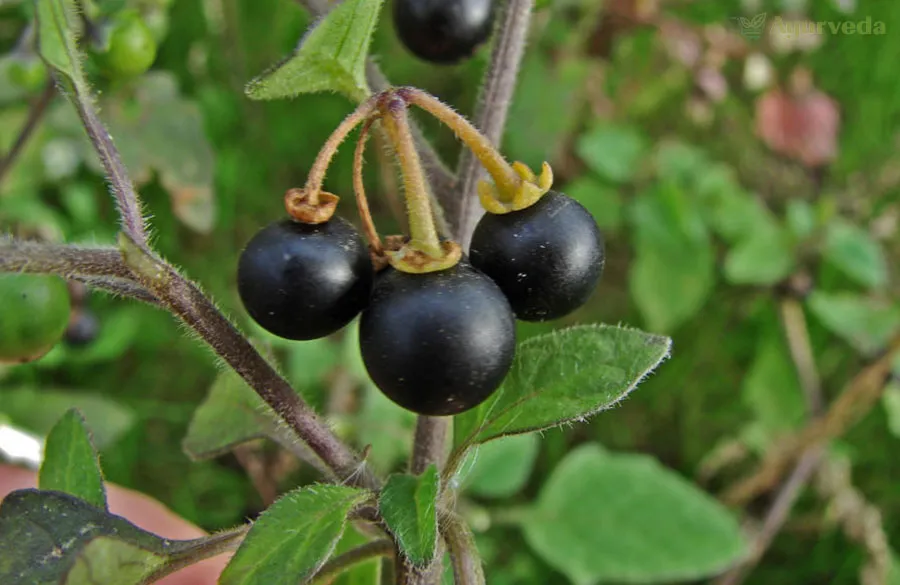
Exploring the Enigmatic Solanum Nigrum: A Dive into Nature's Pharmacy
- 05 May, 2024
A Botanical Marvel
Solanum nigrum is a member of the Solanaceae family, which includes other familiar plants such as tomatoes, potatoes, and eggplants. Despite its name, black nightshade is not related to the deadly nightshade plant and is generally safe for consumption when used appropriately. It is a hardy perennial herbaceous plant with small white flowers and shiny black berries, which give it its distinctive appearance.
Traditional Healing Wisdom
For centuries, Solanum nigrum has been revered for its medicinal properties in traditional healing systems around the world. In Ayurveda, the ancient Indian system of medicine, it is known as "Kakamachi" and is used to treat various ailments, including inflammation, fever, and digestive disorders. Similarly, in traditional Chinese medicine, black nightshade is used to clear heat, detoxify the body, and promote overall well-being.
Culinary Delights
In addition to its medicinal uses, Solanum nigrum is also valued for its culinary versatility. In many cultures, the tender young shoots and leaves of the plant are harvested and used as a leafy green vegetable in salads, stir-fries, and soups. The ripe berries, although mildly toxic when consumed in large quantities, are sometimes used in jams, jellies, and desserts for their sweet and tangy flavor.
Nutritional Benefits
Despite its reputation as a weed in some regions, Solanum nigrum is surprisingly nutritious. The leaves and berries are rich in vitamins A, C, and E, as well as essential minerals such as calcium, potassium, and magnesium. They also contain powerful antioxidants, which help protect the body from oxidative stress and may reduce the risk of chronic diseases such as cancer and heart disease.
Caution and Consideration
While Solanum nigrum offers a wealth of health benefits, it is important to exercise caution when handling and consuming the plant. The ripe berries, in particular, contain solanine, a toxic compound that can cause gastrointestinal discomfort and other adverse effects if ingested in large quantities. It is essential to properly identify the plant and use it in moderation to avoid any potential health risks.




